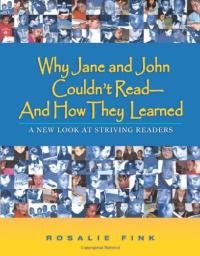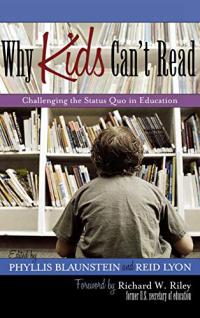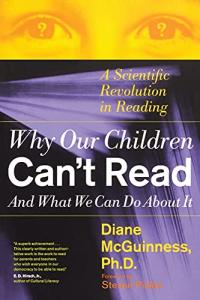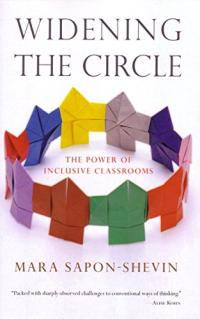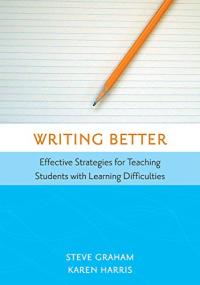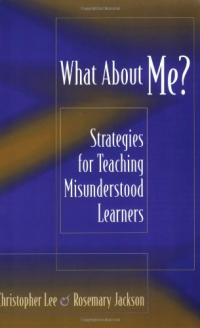
What About Me?: Strategies for Teaching Misunderstood Learners
With Faking It, Christopher Lee and Rosemary Jackson offered a moving account of Lee’s struggle and ultimate triumph over dyslexia. Now, Lee combines his special insight with Jackson’s expertise as a special education trainer to offer specific help to teachers and parents of other misunderstood learners.
